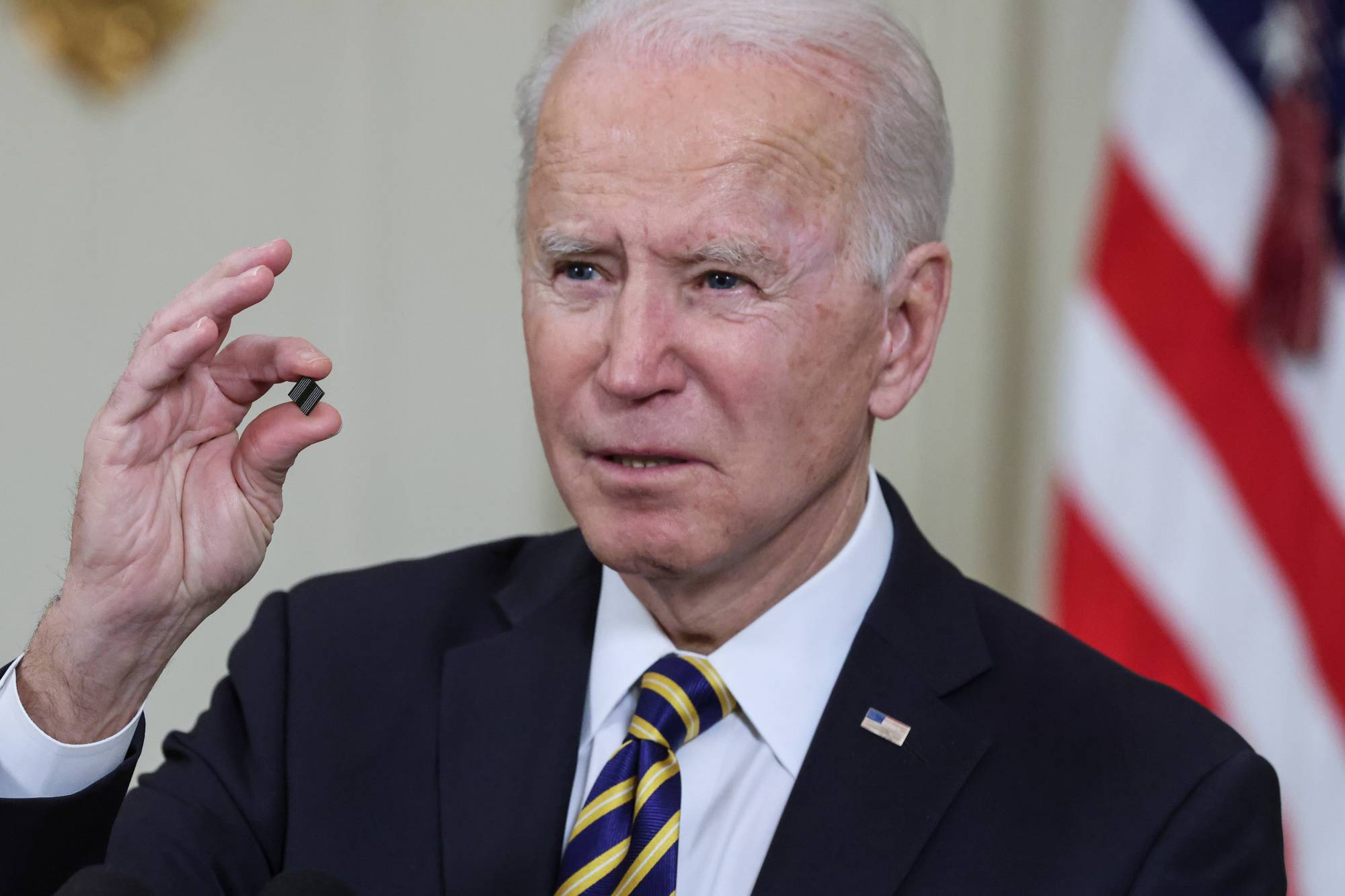Heightened U.S.-China tensions have raised the prospect of a deep global technology divide, potentially forcing other countries to choose which camp to join.
There are plenty of grim scenarios involving irreconcilable splits between core technologies that power a wide range of products and services, from aircraft and automobiles to precision engineering for robotics and payment systems for e-commerce. Should these scenarios materialize, the world’s two largest economies will pour huge amounts of resources into a zero-sum race to control the cutting edge.
Both the United States and China understand the central role of technology in driving their economies and global development. They also know that mastering it, as well as safeguarding relevant intellectual property, can bolster their national security and geopolitical influence, with important feedback effects for their sustained growth and resilience.


















With your current subscription plan you can comment on stories. However, before writing your first comment, please create a display name in the Profile section of your subscriber account page.